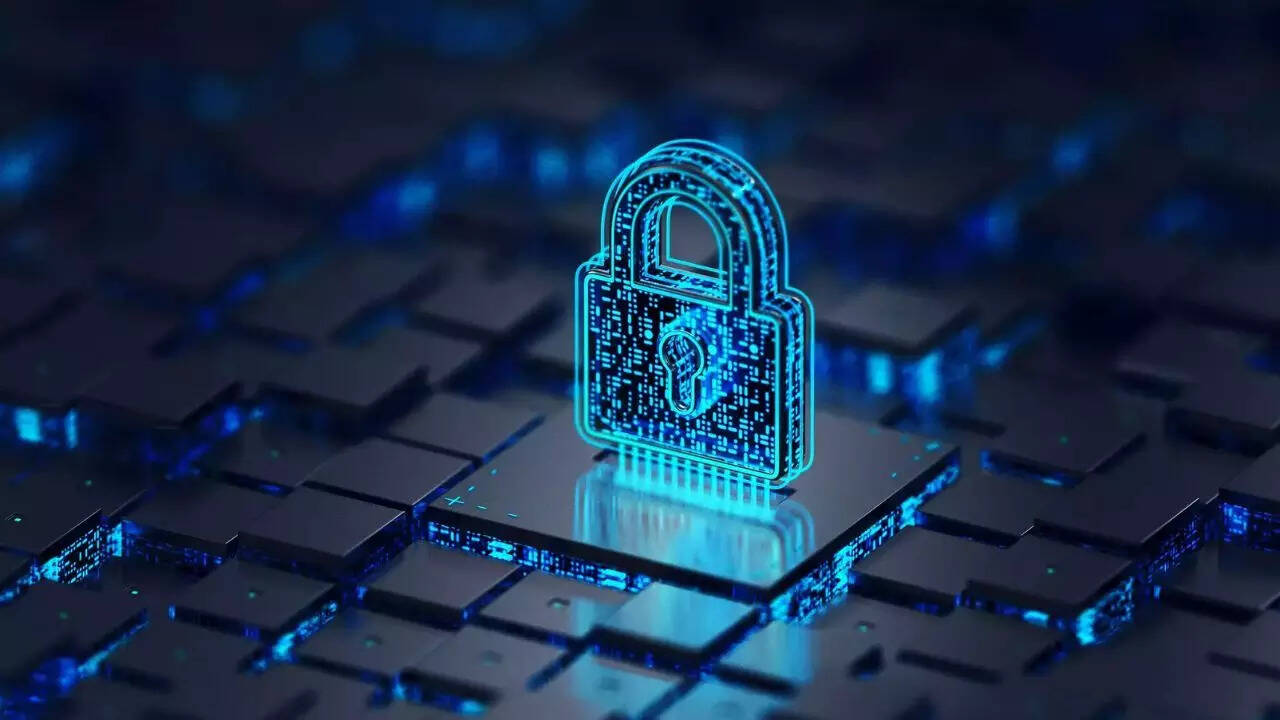
The End of Traditional Cybersecurity Compliance? AI Threats Say Yes
- 21.03.2025 06:54
- timesnownews.com
- Keywords: Cybersecurity Breach, AI Threats
The Angel One security breach in February 2025 highlights vulnerabilities in traditional cybersecurity compliance, as cybercriminals increasingly use AI-powered attacks. Experts warn that outdated frameworks are insufficient, urging businesses to adopt AI-driven threat mitigation systems and quantum-safe models to counter evolving threats.